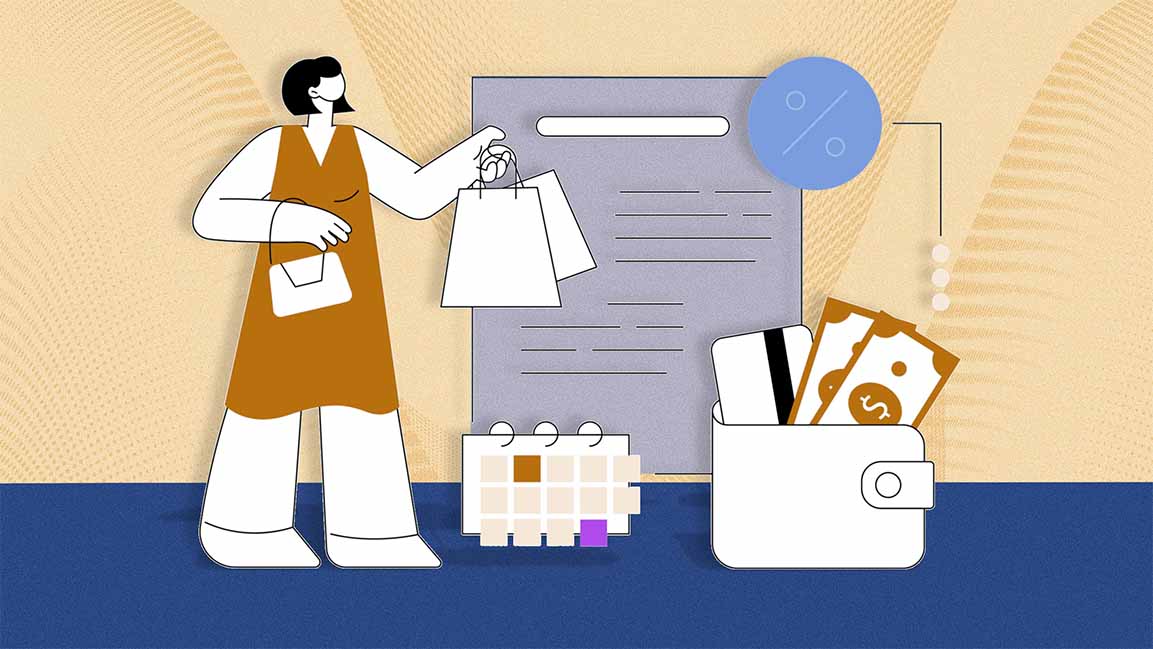- | 1:00 pm
UAE’s new buy now, pay later rules are likely to catch on with consumers and the industry
A new set of regulatory requirements for BNPL providers will enable increased protection for consumers.

The Central Bank of the UAE has recently introduced a new set of buy rules now, pay later (BNPL) products and services in the country. The aim is to monitor companies that offer short-term credit and protect the consumers by bringing in tougher requirements on who can offer BNPL schemes.
BNPL offering carries zero fees, and interest provided that someone pays back their loan on time. In most such transactions, consumers only had to pay a processing fee for the spread-out payment option. Many of these deals would also offer a one- or two-month grace period before the first payment was due.
But the entry into the BNPL space also has wider ramifications beyond who’s winning and who’s losing in the fintech world. Making BNPL more mainstream could push many more people into debt. Reports have found that some charge the debt they rack up through BNPL schemes to their credit cards. That suggests that some of those who utilize BNPL can’t afford to pay for those purchases.
According to experts, the new BNPL regulations will protect consumers from potential predatory practices and encourage responsible lending.
Since the last few years, BNPL purchases have grown exponentially across categories, and the new guidelines are expected to further stimulate long-term industry growth by attracting well-funded players.
Under the new framework, entities operating as agents of licensed banks or finance companies can provide short-term credit following approval by the banking regulator.
“Entities can also carry out this activity upon being licensed by the Central Bank as restricted license finance companies,” the regulator said.
Having a bank involved widens the safety net for the consumer. The bank essentially acts as a guarantor of what the BNPL offers.
“Unlicensed entities, which carry on any form of short-term credit activity and intend to continue to carry on these activities, must either apply to the central bank to be licensed as a restricted license finance company or partner with a licensed finance company or a bank.”
The regulations promote market fairness by establishing a level playing field with minimum standards and licensing requirements.
The maximum short-term credit extended by a restricted license finance company or agent to a borrower must not exceed $5,445 or three months’ verified net income, whichever is lower, the regulator added.
The license will be granted for three years, with the BNPL operators eligible for renewal for the same periods unless otherwise stated by the central bank.
Also, according to the new rules, banks with established customer trust and financial infrastructure can integrate BNPL services into their platforms, which can enhance customer engagement and loyalty and co-branded products.
Now accepting applications for Fast Company Middle East’s Best Workplaces For Women 2023. Click here to register.































